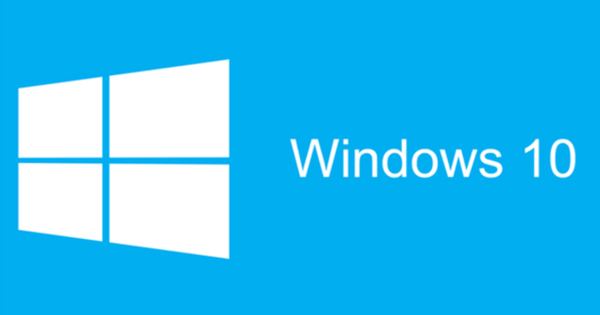There is a search engine that does not store any personal data: DuckDuckGo. This excellent search engine does need a quick guide before you can find what you're looking for. But once you've mastered how the search engine works, you'll be rid of Google and its extreme hunger for data.
01 DuckDuckGo?
At www.donttrack.us and www.dontbubble.us it is explained how Google's search system works. Your keywords are saved and added to the profile that Google has of you. Based on this, you will be presented with advertisements on almost all internet sites. New searches are also matched to previous search results and site visits. For example, one person will see news results when a search is made on, for example, Egypt, while the other will see travel agencies. Your internet life is, as it were, in a filter bubble, says DuckDuckGo.

02 Ddg.gg
The name DuckDuckGo is not as easy as Google. It will also not soon be made into a verb (just duckduckgo'en). The domain name is also a bit longer. An abbreviation is also used: ddg. Their .com and .nl domains were already taken, so the company has opted for www.ddg.gg. That is a not so common top-level domain, destined for the English Channel Island of Guarnsey. But ddg.gg is easier to type. An easier alternative is to integrate DuckDuckGo into your browser.

03 I'm feeling ducky
A funny reference to Google is the option I'm feeling ducky, with a nod to I'm feeling lucky. Just like with Google, you go directly to the site that is at the top of the search results and is therefore the most plausible. To do this you could click on the arrow to the right of the search bar and then choose the option mentioned, but that arrow no longer exists. Another method that still works is to put a 'slash' before the keyword, for example: \computertotal (which takes you directly to www.computertotaal.nl).

04 AND and OR
Every word you type is considered by DuckDuckGo as a combination with other words. If you enter your first and last name, the search engine will always search for websites where a combination of these two names is used. You can also do this by using the word AND between the keywords. Also a combination with OR is possible, in which case it is best to use parentheses. For example: (den OR 's) AND (haag OR gravenhage). To find an exact text you can also use quotation marks, such as "The Hague".

05 Omit results
It also happens that you search for something, but then want to omit certain results. You can indicate this with the minus sign in front of the word. The word should be at the very end of the keywords. For example cheap camera -sony will not show any results from or about Sony. It can also be several words that you want to omit from the results. You can also use a sentence or combination of words that you put in quotation marks, with a minus in front of it. For example: system camera -"nikon 1".

06 Wikipedia integration
DuckDuckGo tries to capitalize on recent innovations that have also been introduced at Google. When a search is made for a word that has a certain meaning on Wikipedia, a window is shown above the search results with brief information. For example, that Amsterdam is the capital and largest city of the Netherlands or that Anne Frank is one of the most famous victims of the Holocaust. For more information or for associations, you can click through in the box. Or, of course, you can go through the regular search results.

07 Quick combination: news
If you're looking for something current that has to do with the news, you can add the news to use. The search engine then displays recent and popular news items that have a link to the topic in a box at the top. The number of news items varies, you can often click through several 'pages' in the frame. Below that appear the usual search results, often from well-known news sources. A downside is that mainly international English-language news sources are used and not Dutch.

08 Shortcut: folder
In the same way as in step 7, you can also use the word folder add to your keywords. For example, if you amsterdam map you will see a map of Amsterdam in the top frame. Direct zooming in and out as with Google Maps is not possible. If you click on the map you will get to quite detailed maps of Mapquest Open. In the box you will also see links to other map services from Bing, Google and OpenStreetMap. Below that are other relevant search results, for example an interactive map.


